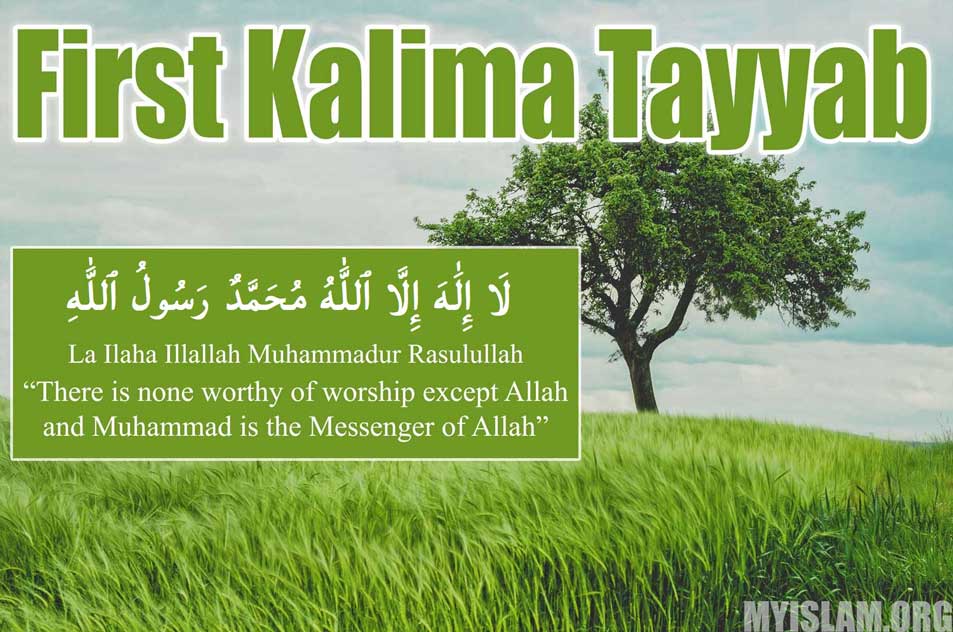What are the six Kalimas and why are they important?
In total there are six Kalimas and they are widely memorized by millions across the globe because they teach fundamental beliefs about Allah and Islam. These six statements are educational and often taught to children while they are young.
The first kalima tayyab means the word of purity. The second kalima shahadat is declaration of faith (shahada). The other three kalmas are azkar (remembrance of Allah) which teach the importance of worshiping and asking for the forgiveness of Allah subhanahu wa ta’ala.
The belief among some Muslims that it is mandatory for all Muslims to have all six kalmas memorized but this is not true. The kalmas are not found altogether in any one hadith or mentioned in any narration in the Quran. Rather it is in your best interest to know them and understand their meaning.
Inshallah by memorizing the six kalimas they will server you all your life if you can find a way to recite often.
This post we will cover the first kalima which is referred to as kalima tayyab.
First Kalma Tayyab in Arabic:
In Arabic, the first kalima is written:
لَا إِلَٰهَ إِلَّا ٱللَّٰهُ مُحَمَّدٌ رَسُولُ ٱللَّٰهِ
Transliteration: La ilaha illallahu muhammadur rasulullah
The English Translation of Kalima Tayyab
The meaning of la ilaha illallah muhammadur rasulullah is,
“There is none worthy of worship except God (Allah) and Muhammad is the messenger of God.”
Benefit Based on Hadith:
It was narrated from Mu’adh bin Jabal that the:
Messenger of Allah(ﷺ) said: “There is no soul that died bearing witness to La ilaha illallah, and that I am the Messenger of Allah, from the heart with certainty, but Allah will forgive it.” Sunan Ibn Majah 3796
It was narrated that Abu Hurairah:
that the Messenger of Allah (ﷺ) said: ‘urge your dying ones to say La ilaha illallah.” Sunan Ibn Majah 1444
Narrated Ibn ‘Umar: that the Messenger of Allah (ﷺ) said:
“Islam is based upon five: the testimony of La Ilaha Illallah, and that Muhammad is the Messenger of Allah, the establishment of the Salat, giving the Zakat, fasting (the month of) Ramadan, and performing Hajj to the House.” Jami At-Tirmidhi 2609

